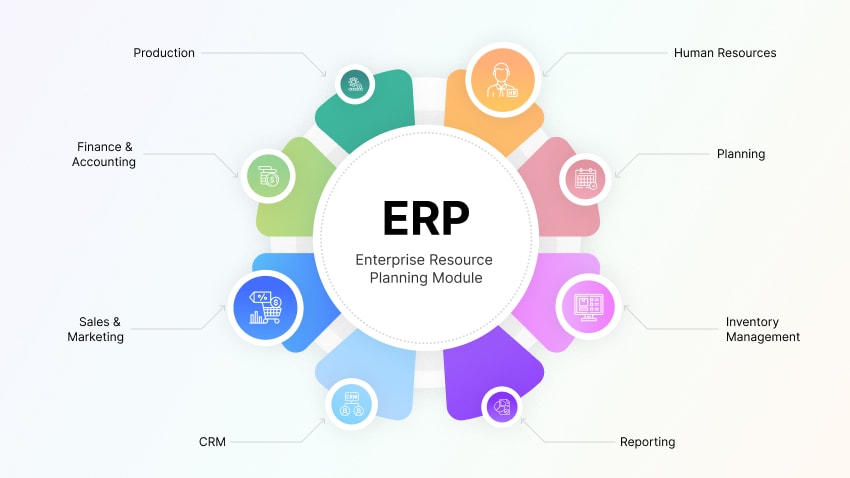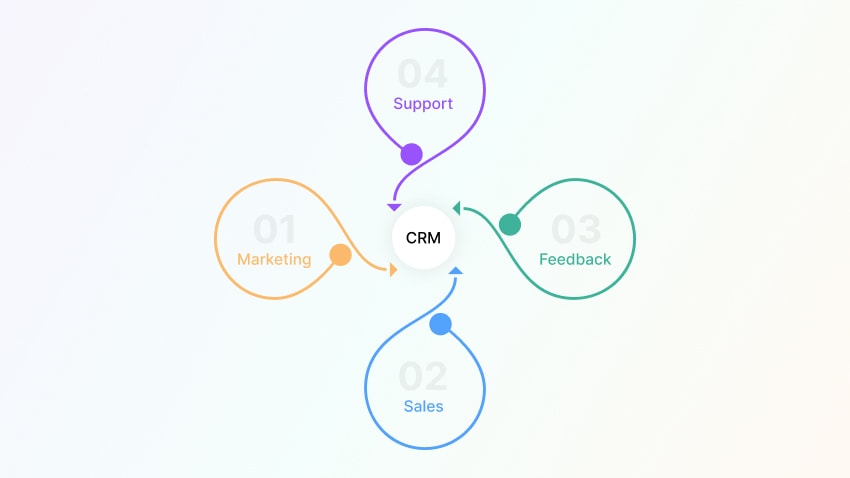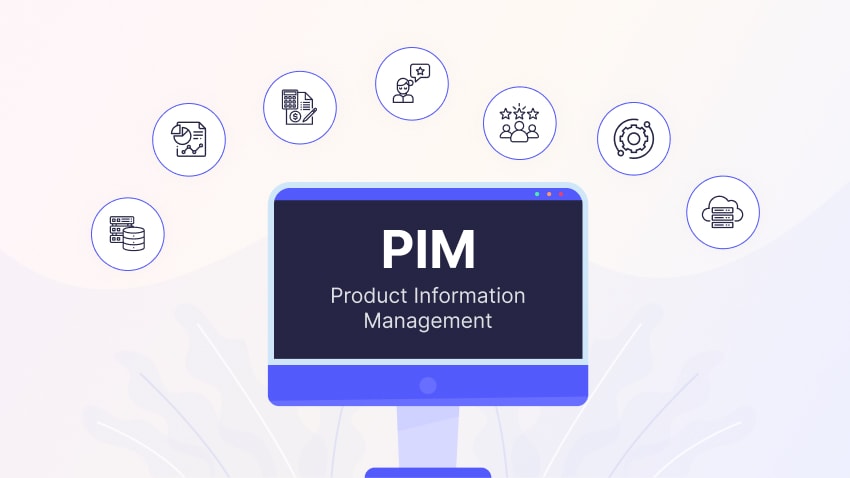Introduction
Magento 2 is growing steadily as the largest eCommerce platform in the world. Magento 2 integration with third-party applications is equally important for the eCommerce platform owners, regardless of delivering B2B or B2C services.
Magento Integration Services will save your day when integrated into third-party systems in order to automate your eCommerce operations on a daily basis. If you have no idea, then you may hire the best Magento 2 development company. With the Magento integration with external systems (ERP, CRM, PIM, POS, etc.), it is easier to automatically sync your customer data, orders, inventory, shipping details, and product information to keep it centralized and deliver excellent customer service.
Let us start our discussion with an example:
Consider yourself as an eCommerce platform owner with 10000+ SKUs where you are still operating and processing your orders manually. You also perform your accounting operations manually (for example, taxation) in spreadsheets. Your warehouse having this monumental number of SKUs is creating panic among the workforce to find and update the inventory.
As a result, the chances of human errors will rise eventually and any mismatch in the inventory will cause stockouts for the front-end users. Your users might be waiting for days or even weeks eventually to find out that the desired product was already out of stock. Your powerful eCommerce idea will soon turn into a destined nightmare, isn’t it?
This is why Magento integration with third-party applications is needed to extend the functionality of your eCommerce store based on your actual business needs. A well-thought planning and robust Magento integration services will take your eCommerce app to a whole new level.









